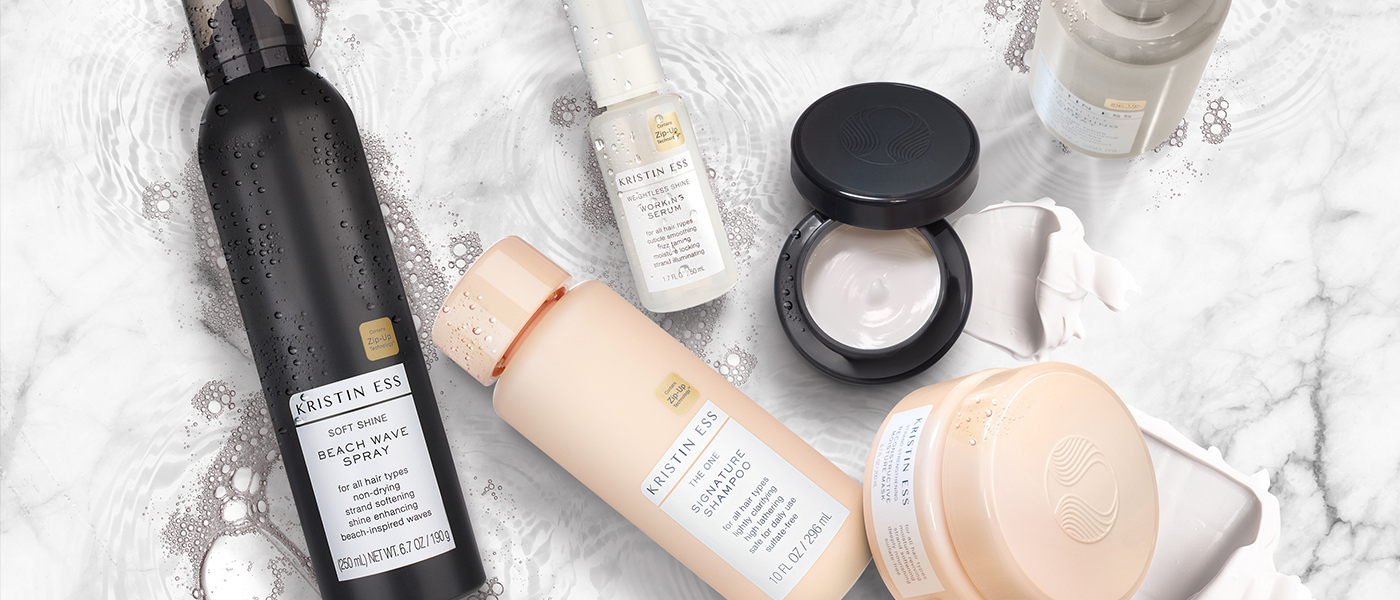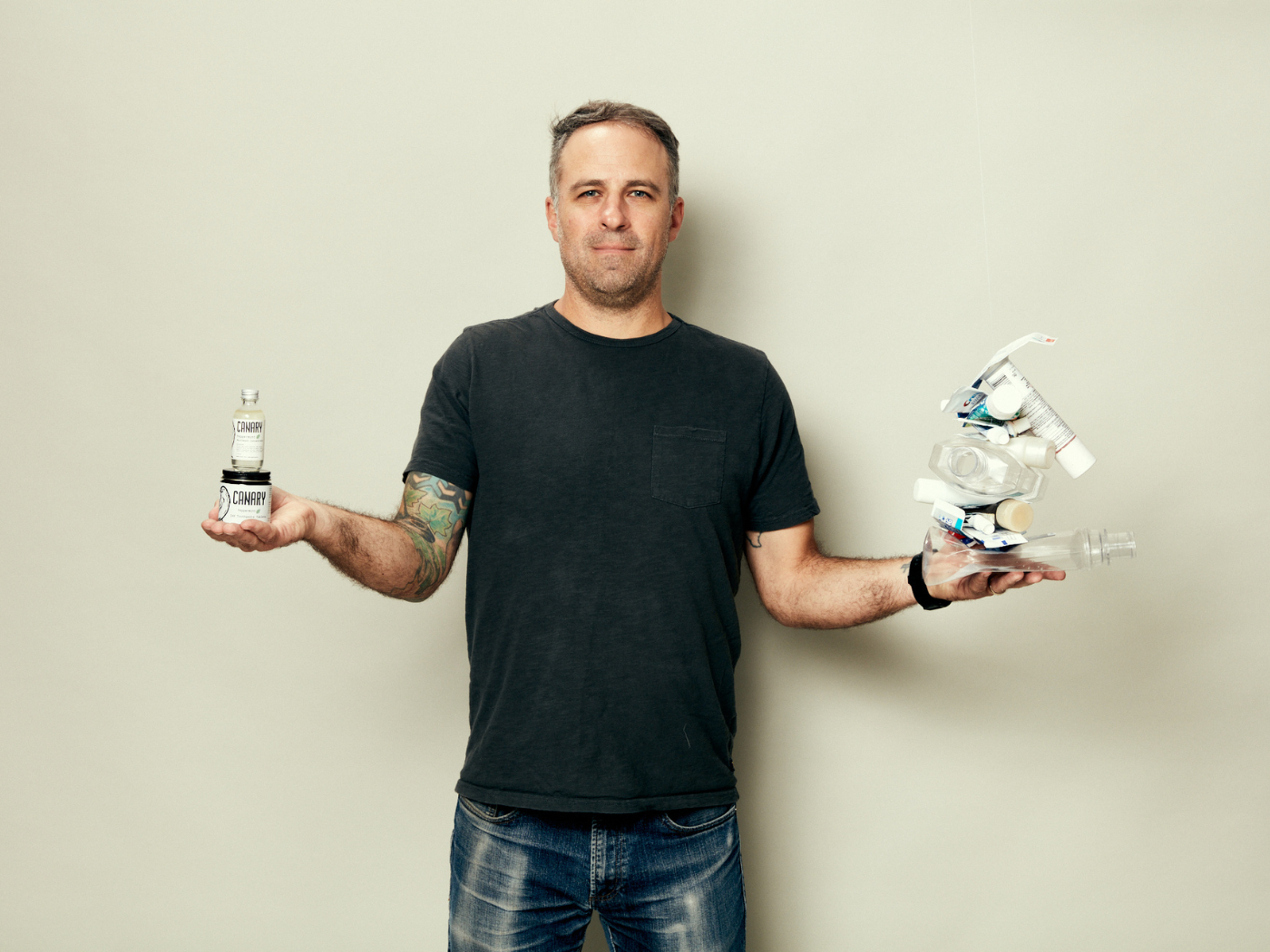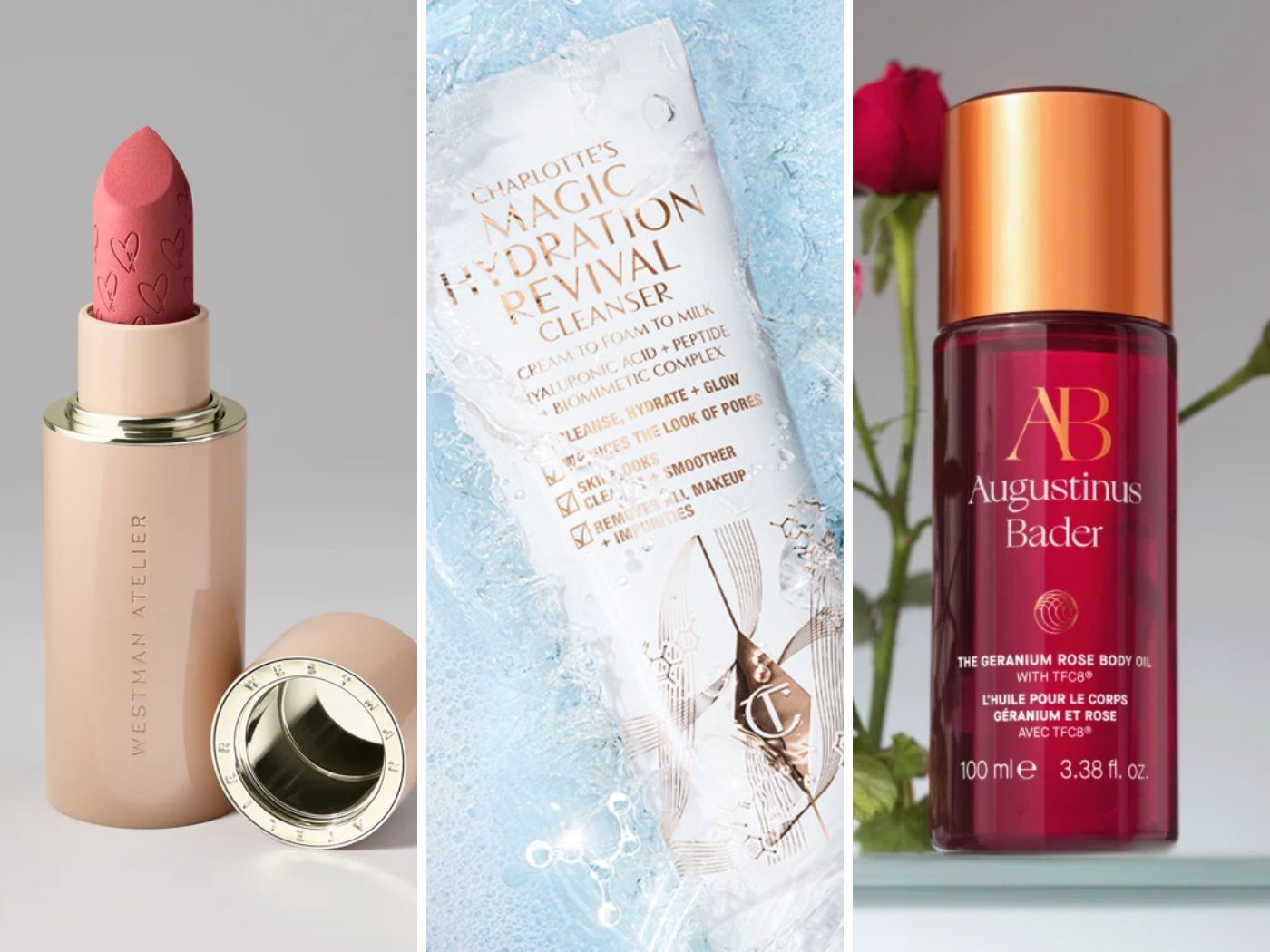Private label beauty brands are thriving, growing 4.4 percent in 2018, and four times as much as national brands, according to the Private Label Manufacturer’s Association. CEW’s Beauty News shares insight into the trend, and some of the companies that are leading the charge.
Private label brands are poised to be beauty’s newest disruptor, becoming ever more sophisticated as they take on national and indie brands.
“Not long ago, the best private label brands were considered ‘followers with a leader mentality’. The tide is turning. The best private label brands in the world now are truly disrupting and leading the industry, driving trends rather than following them,” said Scott Kestenbaum, Senior Vice President, Sales, Maesa.
In March, Bain Capital Private Equity acquired a majority stake in Maesa, the global beauty brand incubator that has incubated successful brands such as Target’s Kristin Ess hair care, and Drew Barrymore’s Flower Beauty. Maesa also partners with a wide range of retailers including Walmart, Sephora, AS Watson, Ulta, H&M, and Dollar General (which launched Believe Beauty in April, offering a wide range of beauty products priced at $5 or less).
In the same month, Amazon launched its first ever skin care brand, Belei. Later this year, QVC will be launching Carmindy Beauty, in partnership with Battalure Beauty. Carmindy, who goes by the single name, is a makeup artist best-known for her work on the television show What Not to Wear. And of course, Kendo (a play on the words ‘can do’), the beauty brand incubator owned by LVMH, developed and launched the diversity game-changing Fenty Beauty in 2017.
Needless to say, Maesa is currently experiencing its fastest growth in its 22-year history, and with Bain’s investment, the company is set to enter an even more pronounced growth phase.
“We have been closely following the disruption in the beauty sector specifically around new independent brands winning against large established ones. We believe this trend will continue in the future,” said Miray Topay, Principal, Bain Capital Private Equity.
“By housing vertically integrated marketing, design, engineering, product development and operations, Maesa provides customers speed to market, providing exclusive products across the beauty industry including hair care, color cosmetics, personal care and fragrance,” she said.
By way of an example, Miray cited Kristin Ess, which was launched exclusively with Target in 2017, and is expected to do $100 million in retail sales in 2020.
Scott at Maesa remarked on a key category shift: color cosmetics, skin care and hair care are the fastest growing segments in private label, categories that have traditionally held by fragrance, bath and body, and home fragrance.
“In the age of Amazon, when consumers have at their fingertips, the ability to buy any product at anytime from anywhere, the only way for a beauty retailer to truly protect and drive traffic is to offer high value, proprietary and exclusive product. Differentiation is the number one driver of incremental growth to beauty retailers today. The most successful beauty retailers have recognized and embraced this new reality. At the same time, private label beauty providers such as Maesa have changed the game completely, by crafting private label brand offerings that not only equal, but surpass the quality compared to widely distributed CPG brands. Today’s modern beauty consumer is less brand loyal than ever. When the private label brand is providing her with a better value and experience, she will reach for it every time,” Scott said.
“While Maesa’s roots are in private label, the business has evolved into a brand incubator with an innovative model collaborating with strong retailers to launch exclusive brands,” said Miray at Bain.
“We believe Maesa’s agile business model is strongly positioned to benefit from, and adapt to, ongoing beauty sector dynamics. We see a number of growth opportunities for Maesa across geographies and retailers, including a robust brand incubation pipeline,” she said.
Far from being the stepchild to national brands, private label brands today are strong entities in their own right, with a defined reason-to-be and a unique customer offering.
“Maesa’s most successful ‘private label’ brands are those brands that the consumer doesn’t think of, or doesn’t know, are private label because they are exclusively designed, developed, formulated and marketed at the highest level. Maesa has become the leading worldwide provider of private label beauty precisely because we don’t philosophically approach our brand development and product development process in a traditional private label mindset. At Maesa, we don’t believe that we are private label producers. We create and manage real brands, that have a real reason to exist, that fill a real white space in the market, and that have all of the modern touch points of best-in-class internationally distributed brands. Our brands just so happen to be sold at one point of distribution,” said Scott.
When Rob Robillard, Vice President, Integrated Beauty, QVC & HSN, assumed his role 18 months ago, his ambition was to build up a proprietary brand portfolio. While the majority of Rob’s work at QVC and HSN consists in finding great national and indie brands, private label, or proprietary brands, as Rob prefers to call them, represent a small, but important percentage of his role.
“In the competitive beauty business, having a differentiator is key. We’ve partly done this via indie brands, and also via properties. We take storytelling and great products, and create a brand that is owned by QVC,” said Rob.
“I fell in love with Carmindy as a storyteller, and what makeup is all about: how to make women feel more empowered and beautiful. Carmindy provides simple solutions for women to create natural looks and feel confident. She’s at ease in front of the camera. Our customers always respond to that. Carmindy’s signature item, the ‘Five Minute Face’, is a numbered system designed to complement all skin tones,” he said.
Rob said that the average age of QVC’s customers is 40-plus, underserved in the marketplace.
“We don’t view Carmindy Beauty as a millennial solution for customers over the age of 40. It’s face by numbers, with quality products and sophisticated formulas that are numbered. Skin looks flawless,” he added.
More launches are in the QVC pipeline for Q4 and Q1 2020.
Meanwhile, private label beauty is set to continue outperforming the general market.
“We don’t see this as a trend. We see it as the new normal, as long as retailers continue to raise the bar on their private label offerings,” said Scott.




